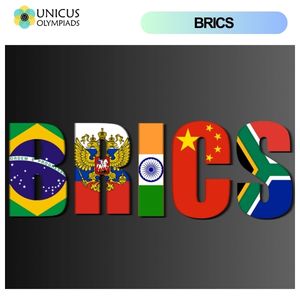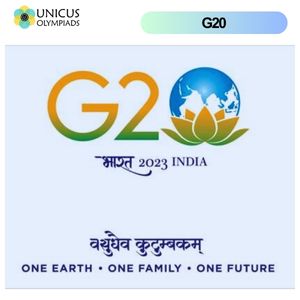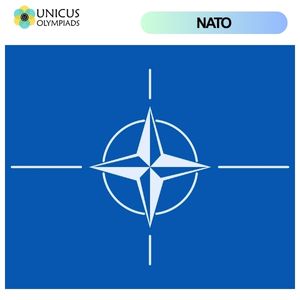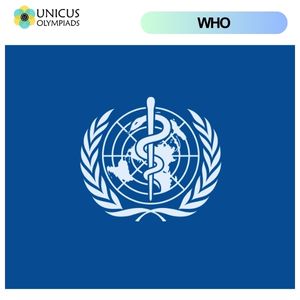

International organizations and coalitions are crucial for global cooperation in economics, security, public health, and diplomacy. Prominent groups like BRICS, G20, NATO, and WHO have significantly influenced the world’s political, economic, and social landscape. Each organization plays a unique role in shaping global events and policy. In this article, we will explore the formation, membership, and key functions of these organizations, as well as how they influence global governance and cooperation.
BRICS is a group of five major emerging economies: Brazil, Russia, India, China, and South Africa. Originally formed as “BRIC” in 2006, South Africa joined in 2010, creating the current BRICS grouping. The aim of BRICS is to promote economic development, foster cooperation among developing nations, and challenge the dominance of Western-led financial institutions.

The Group of 20 (G20) is an international forum composed of 19 countries and the European Union. It was formed in 1999 in response to the global financial crisis, with the aim of fostering global economic cooperation and ensuring financial stability. The G20 brings together the world’s major economies, including both developed and emerging countries, representing approximately 85% of global GDP.

NATO (the North Atlantic Treaty Organization) is a military alliance established in 1949. Its primary purpose is to provide collective defense to its member states against external threats. NATO was founded during the Cold War to counter Soviet military expansion but has since evolved to address a range of global security concerns.

The World Health Organization (WHO) is a specialized agency of the United Nations responsible for public health at the international level. WHO was established in 1948 with the goal of promoting health, preventing diseases, and providing leadership on global health issues.

BRICS, G20, NATO, and WHO are key international organizations that contribute significantly to global economic, political, and health stability. BRICS fosters economic cooperation among emerging economies, the G20 works to ensure global economic stability, NATO maintains collective defense and peacekeeping, and WHO is at the forefront of global health governance. These organizations play an essential role in addressing global challenges and ensuring collaboration among nations to foster peace, development, and security across the world.